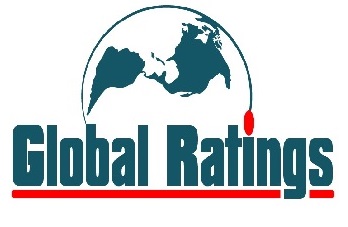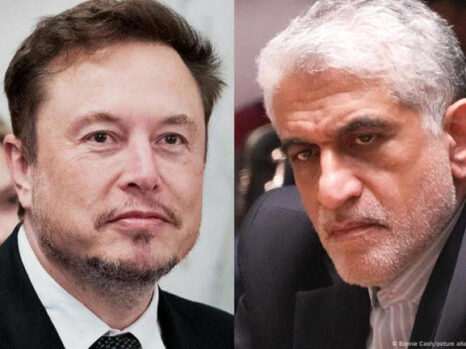Recent polls show Republican candidate Donald Trump and Democratic rival Kamala Harris neck-and-neck in the 5 November race for the US Presidency, and Europe is preparing for all possible scenarios and consequences.
According to researchers and political analysts consulted by Euronews, a Trump victory is likely to mean less predictability, less cooperation with global allies such as the EU and more trade tensions with China.
Europe should expect more tariffs, sanctions and pressure to decouple [cut ties] from China, Ceren Ergenc, a research fellow at the Centre for European Policy Studies, told Euronews in an interview — but the main difference could be how the two presidential hopefuls will implement measures.
“The Harris administration will pursue a more institutionalised way of doing things, whereas a Trump administration will do it in a more personalised way,” Ergenc said.
Former President Trump has already threatened to impose tariffs on European imports, questioned NATO commitments in the event Russia invades, and even threatened to cut US funding to war-torn Ukraine.
Yet Trump’s stance on China is less predictable, given his mixed remarks on Taiwan, the Beijing leadership and trade and industrial policies.
In late summer, the Republican nominee weighed in on his relationship with the Chinese President Xi Jinping during an interview with Fox News, saying there was “no greater critic of China than me”.
“But I respected China and I respected President Xi and I had a great relationship with them,” Trump added, envisioning a good relationship with the country in future.
Vice-President Harris, on the other hand, has reaffirmed US support for Taiwan in previous statements and has been more outspoken about respect for human rights in China.
With Harris, “we will see a continuation of what happened with Biden, which means more coordination, more exchange of information and more alignment of policies, which is both positive and negative,” said Francesca Ghiretti, research director at RAND Europe, claiming that Harris would be a known and close ally, but also one that sometimes struggles to align with Europe.
For Mario Esteban, the US position would not affect the EU’s stance human rights in China, though would leave the bloc more globally isolated — and have trade implications too
“In theory, a Trump administration would be less geopolitical than a Harris administration and would push everything much more into the realm of economic protectionism,” said Esteban, senior analyst at the Spanish think tank Elcano Royal Institute.
Trump’s opposition to the climate change agenda could also strengthen the hand of Europeans sceptical about the EU’s own green deal, Esteban believes.
EU’s ‘Trump-proof’ task force
A European Commission task force has over recent months been analysing post-election scenarios in the US and their implications for Europe, including a possible escalation of tensions between Beijing and Washington.
Since 2016, when Trump was first elected president, US relations with China have deteriorated, moving towards a “small yard, high fences” approach — tough restrictions on a small number of technologies with significant military potential, alongside normal economic exchanges in other areas.
But China is, after the US, the EU’s second-largest trading partner, so it won’t be easy for Brussels to get tough with the Asian giant, even if US pressure increases.
“There will be resistance from Europe because there are so many actors on the EU side, even within the EU there is no consensus across institutions on this issue of decoupling versus de-risking [reducing the bloc’s critical dependencies and vulnerabilities],” Ergenc said.
In recent years, China has been at once the EU’s economic competitor, partner and systemic rival; despite rising tensions, both are highly economically dependent on each other.
“A Trump victory would mean that in some cases Europe would take steps to improve relations with China, Germany being the clearest case, but in others it would simply push for strategic autonomy,” Alicia García Herrero, senior researcher at Brussels-based think tank Bruegel, told Euronews.
In 2023, the EU’s trade with China amounted to a €292 billion deficit, with telecommunications equipment and electrical machinery among the goods most imported.














